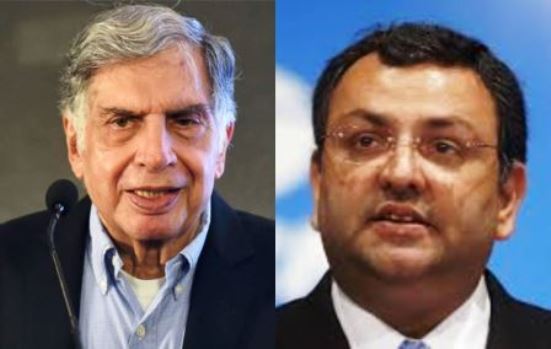Anushka Mansharamani
Senior counsel Shyam Divan, representing the Shapoorji Pallonji group, continued with his contentions.
He first stated that according to the Companies Act, 2013, the director should act independently.
He stated that there has been a breach of Section 166 (mandates the Directors to give judgement independently), Section 118(10) (secretarial rules to be followed), and Section 149 (mandates board to manage the company) of the Companies Act.
According to Shyam Divan, Section 118(10) has been breached as there was no notice is given and secretarial rules were not followed, and Section 149 because the majority shareholder managed the company and not the board.
He further states that the removal of Cyrus Mistry was oppressive and illegal.
CJI Bhode asked whether Cyrus Mistry was the managing director to which Harish Salve, representing the Tata Sons stated that a contract was absent, and he was made the managing director by the procedure established by law.
On this, Shyam Divan pointed out that the appointment and removal procedure is the same, and it was not followed during the removal.
He emphasized that the directors failed to act in good faith and independently, and therefore their decisions were against the “foundational principles of decency.”
He cited the judgement of Needle Industries, which held that probity is much more than making financial profits.
Shyam Divan pointed out that according to Section 10 (1) of the Companies Act, articles of the company must be subject to the act.
Senior Counsel Janak Dwarkadas continued with the contentions on behalf of Cyrus Mistry, and stated that lack of financial probity should not be the only ground for the winding of the company.
He pointed out that the true legal scope and meaning of Article 104, Article 121, and Article 121 (A) should be looked into.
He stated that,
“NCLAT has found that it was Cyrus Mistry’s attempt to gain clarity by placing a governance structure before the board at the meeting scheduled for Oct 24, 2016, which was the principal cause of removal.”
On which, he further stated that the person complaining of oppression must show that it was done so prejudicially to him, which affected his legal and proprietary rights.
He lastly cited Article 121 B (enables Tata to nominate a director on board) and concluded that enabling the right to nominate a member to the board does not mean that those directors cannot act independently.
Harish Salve then began with his rejoinder submissions firstly claiming that after his removal as the Executive Chairman he was offered to continue onboard by Mr. Tata which he denied and further wrote nasty emails.
He then contended that only 1 director voted against his removal and that the “Governance structure proposed by Mistry himself envisaged a role for Tata Trusts in Tata Sons. It said that Tata Sons should have visibility of Tata Sons strategy.”
To which C.A. Sundaram highlighted that it talks about matters affecting dividends.
The Judgement was reserved, and one week was given to both the parties to file written notes.

